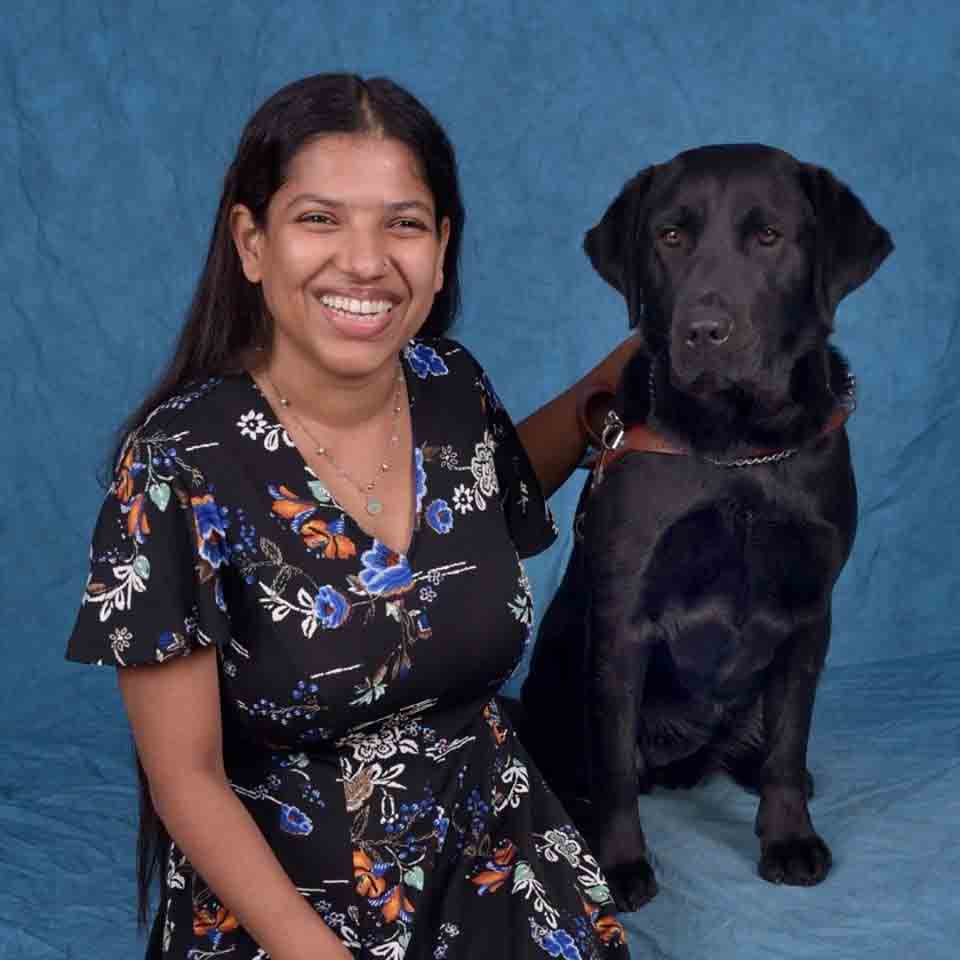Congratulations to Sajja Koirala! On May 1, 2025, she successfully defended her dissertation, titled “What Needs to be Heard: The Roles of Audio Description in Preparing Blind or Low Vision People for Visits to Public Attractions,” which explores the transformative potential of Audio Description (AD) in enhancing accessibility and inclusivity in national park experiences.
Abstract:
This dissertation aims to identify, document, and assess — via naturalistic inquiry — potential impacts of Audio Description (AD) in the Preparation Stage of a trip to a national park for people who are blind or with low-vision. AD is the verbal narration of key visual elements in media to make the visual information more accessible for people who cannot see or cannot see well. Blind or low vision people typically do not visit parks for leisure, kept out by concerns about the many daunting obstacles that could emerge on their journeys, including inaccessible media; yet they also have a latent desire to commune with these parks, if the path is clear (Bandukda et al., 2020). The accessibility or inaccessibility of site media using AD, or not, sends clear signals to any potential visitor about expectations for such a trip. Originally conceptualized by scholars as a method for improving the accessibility of movies and television, AD continues to be mostly perceived as an inclusive feature for screen-based entertainment. However, AD could be helpful in many other mediated circumstances, including in describing site brochures, wayside signs, exhibits, etc. at national parks and other public attractions. In such a vein, this dissertation focuses on AD factors that are important in the Preparation Stage of a visit to a national park. Data for this dissertation was gathered through focus groups with 29 blind and low-vision individuals at three national parks, giving them a chance to voice what impacts AD had on their trips, particularly in the Preparation Stage. This research revealed that knowing about Audio Description when blind and low-vision individuals are in the Preparation Stage of their visits to a site significantly increases their chances of visiting that site. Furthermore, blind and low-vision individuals were found to want to know more about the park surroundings when they are planning for their trips, and having mobility supporting descriptions at public attractions also was a finding that could increase motivation for taking trips. In addition, participants expressed a strong preference for having AD more available on nature trails and in the outdoors at national parks.
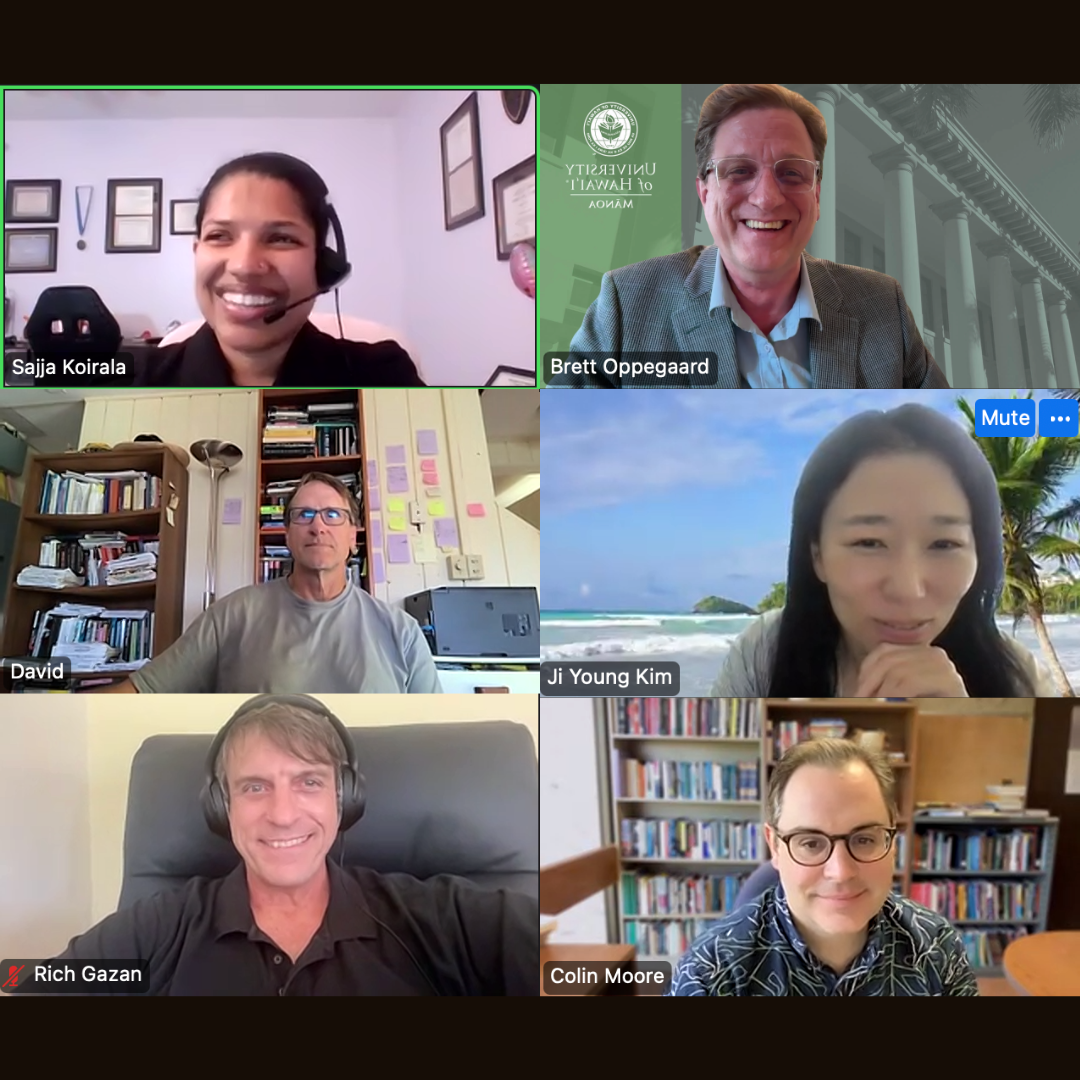
DESCRIPTION: Within her Zoom window, Sajja Koirala smiles broadly, just moments after the announcement that she will be known henceforth as: Dr. Sajja Koirala. Dr. Koirala had just passed her dissertation defense in the CIS program at the University of Hawai‘i at Mānoa. She is shown from her shoulders up, wearing a black shirt, and a computer headset with a microphone. Behind her on the light-colored walls are various awards, certificates, and medals. Within other Zoom windows are smiling and happy faculty members, including Dr. Brett Oppegaard (Chair), Dr. David Johnson (University Representative), committee members Dr. Rich Gazan, Dr. Ji Young Kim, and Dr. Colin Moore.
Dissertation Committee:
Dr. Brett Oppegaard (Chair)
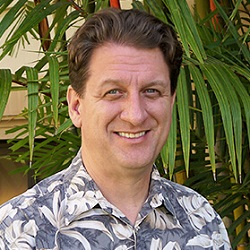
Dr. Rich Gazan

Dr. David Johnson (University Representative)

Dr. Ji Young Kim
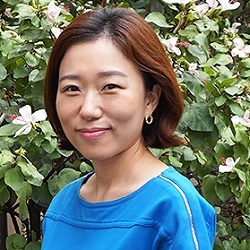
Dr. Colin Moore

